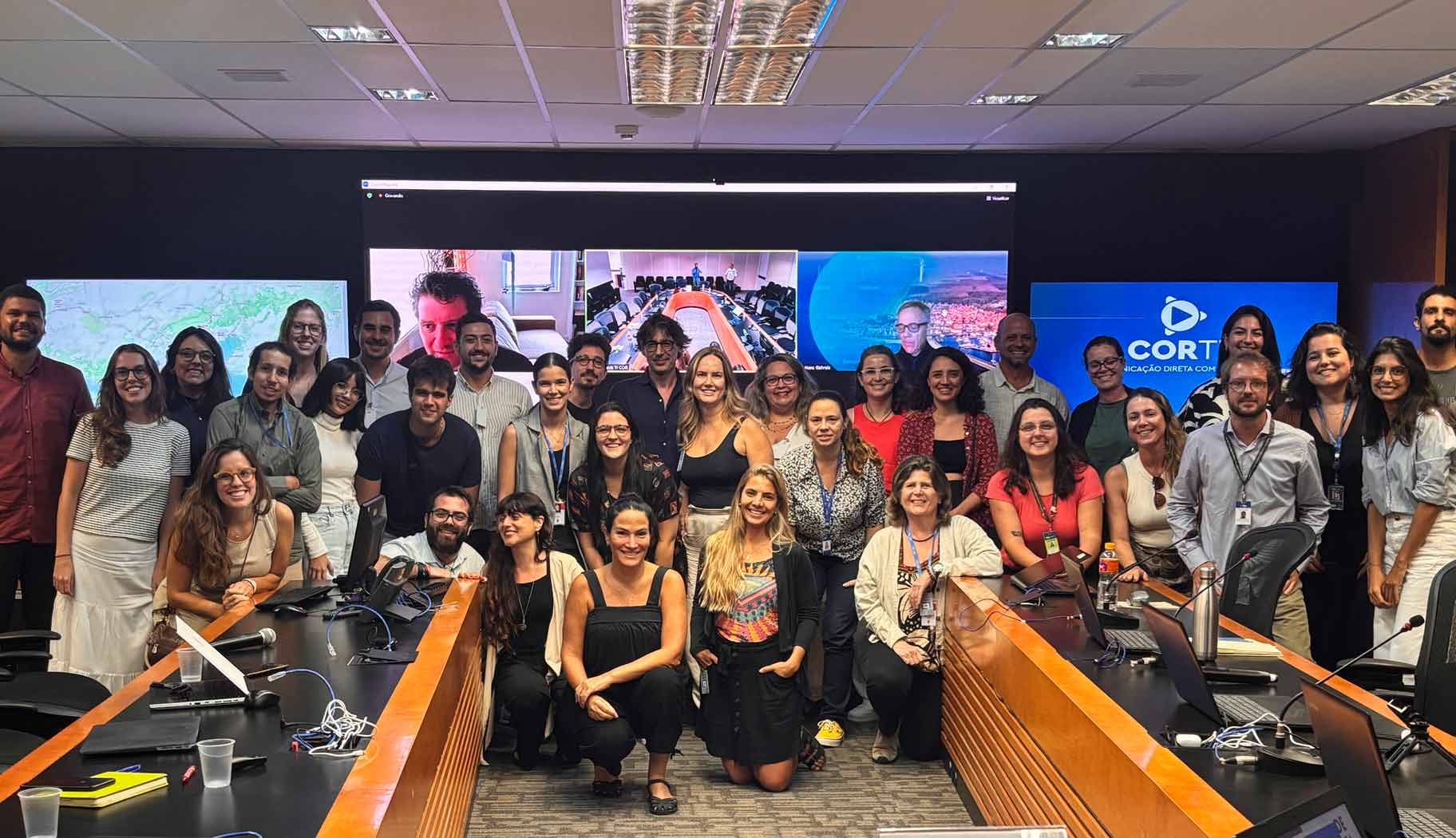
UCCRN_edu is an Erasmus+ cooperation partnership launched by world-leading Higher Education Institutions (HEIs) which include members of the Urban Climate Change Research Network (UCCRN), an international consortium dedicated to foster multidisciplinary knowledge-based cross-sectoral action on climate change mitigation and adaptation from an urban perspective.
Thanks to the Erasmus+ opportunity, the involved HEIs will reinforce their mission of supporting urban climate action in Europe and beyond.
The project aims at overcoming existing gaps in education on climate-resilient urban planning, design and governance by establishing synergies with leading research and teaching institutions, as well as EU and international networks with relevant expertise in policy and governance dialogue with local governments and communities to streamline climate action in cities.
The Partnership aims at developing an educational alliance to form the next generation of urban climate leaders, able to navigate the complexity of the interconnected knowledge domains to foster urban climate action as hybrid and multidisciplinary new professionals, real factors of change in research, design and policymaking.
The students will get the required skills to plan, design and govern climate-resilient cities, integrating urban adaptation and mitigation, and developing a holistic vision to identify and implement transformation pathways in multiple sectors. Therefore students will get a multidisciplinary educational path and access to research and job careers promoted by UCCRN_edu community in the field of climate-resilient urban design, planning and governance.
UCCRN_edu Project Pathways
- Integrate Mitigation and Adaptation: supporting planning and design solutions that reduce GHG emissions while increasing resilience, taking the local context of each city into account to identify actions that result in the greatest benefits.
- Coordinate Disaster Risk Reduction and CC Adaptation: integrating these activities into urban development policies through a new, systems-oriented, multi-timescale approach to risk assessments and planning.
- Co-generate Risk Information: triggering processes with the full range of stakeholders and scientists that are inclusive, transparent, participatory, multisectoral, multijurisdictional, and interdisciplinary.
- Focus on Disadvantaged Populations: fostering equity and environmental justice, and addressing the needs of urban poor, the elderly, women, minority, recent immigrants, and otherwise marginal populations that most often face the greatest risks due to climate change.
- Advance Governance, Finance, and Knowledge Networks: developing robust city institutions through capacity-building and participating in city networks for climate action; supporting urban climate governance in longer planning horizons and effective funding and implementation mechanisms and coordination.

